External SSDs for 4K & 8K Video Editing in 2025: Smooth Workflow & Buying Guide
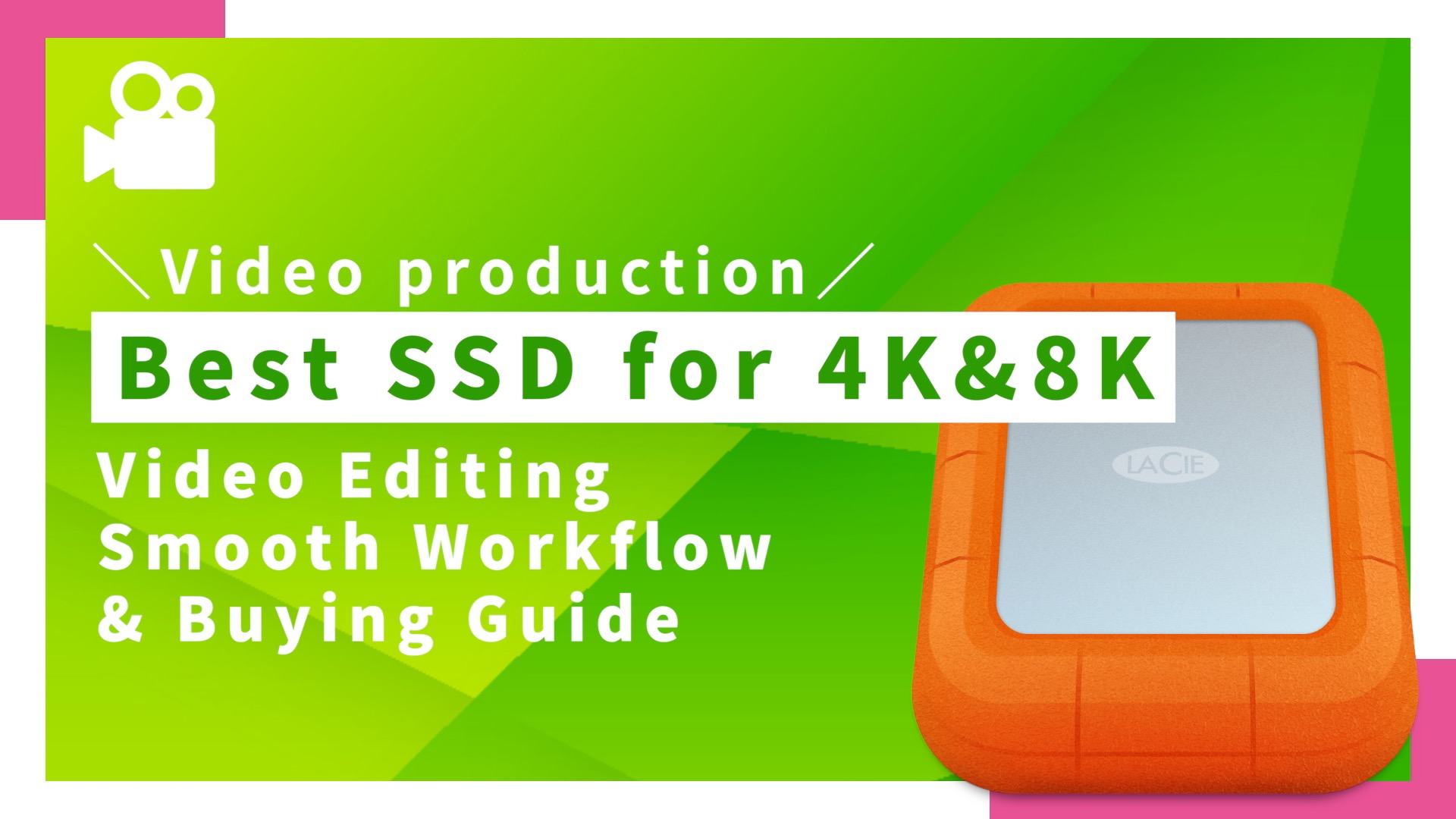
Are you tired of waiting forever for your old hard drive to load your videos?
Editing high-resolution 4K and 8K footage demands blazing-fast storage, and in 2025, an external SSD is an absolute must-have for anyone who wants a smooth, stress-free editing experience
In this comprehensive guide, we’ll show you how to choose the perfect SSD—plus our top 7 recommended models that even pros will love. After reading this, you’ll be ready to edit videos quickly and confidently, whether you’re working from home, in a studio, or on the go.
And don’t worry—we actually use these SSDs at OurTime, so you can choose with confidence!
Why External SSDs Are Essential for Video Editing
When you start editing high-resolution footage, you’ll quickly run out of space on your PC. Worse yet, external HDDs are painfully slow, leaving you frustrated with long loading times every time you import new clips.
That’s why you need an external SSD.
With transfer speeds many times faster than HDDs, an SSD cuts down your waiting time dramatically and makes your workflow smoother. Plus, because SSDs have no moving parts, they’re highly shock-resistant—ideal for editing on the go.
 Chief editor
Chief editor“A fast SSD completely transforms your editing experience. Don’t waste time with a slow HDD—get an SSD now!”
3 Key Tips for Choosing an External SSD for Video Editing
Before buying an external SSD for video editing, there are a few must-know points to make sure you don’t end up with something too slow or too small for your needs.
Here are the three essentials every beginner (and pro) should keep in mind:
Choose a High-Speed Interface
One of the most important things is the connection standard. If you choose an SSD that only supports USB 2.0 or 3.0, you’ll be stuck with slow transfer speeds, and waiting forever for your massive video files to load will drive you crazy.
Pick an SSD with USB 3.2 Gen2 or Thunderbolt 3/4, which support speeds over 1,000MB/s—fast enough for seamless editing of 4K and 8K videos.
Don’t Skimp on Capacity or Durability
Video editing eats up space quickly—even a few minutes of footage can take gigabytes. That’s why it’s best to get at least a 1TB SSD. If you have the budget, go for 2TB or more to future-proof your setup.
Also, since you’ll often take your SSD to shoots or cafes, shock and water resistance are a huge plus. Choose a model with rugged features so you can edit anywhere with confidence.



💬 “I’ve seen too many people regret buying small SSDs. If you plan to edit videos long-term, 1TB or more is a must!”
Look for Good Heat Management & Reliability
Editing for long hours can make SSDs heat up, causing speeds to throttle down. An SSD with good heat dissipation keeps your editing smooth even during extended sessions.
Also, always check the warranty and brand reputation—choosing a reliable SSD means you can trust it with your valuable footage.



“Overheating kills your speed. Always check for good heat management and buy from trusted brands!”
Top 7 External SSDs for 4K & 8K Video Editing in 2025
Samsung T7 Shield
| Item | Details |
|---|---|
| Capacity | 1TB / 2TB |
| Speed | Up to 1,050MB/s |
| Connection | USB-C (USB 3.2 Gen2) |
| Features | IP65-rated shock, dust, and water resistance |
| Price | $130–$230 |
With an IP65 rugged design, the T7 Shield keeps your data safe even in dusty or rainy conditions. Compact and lightweight, it’s perfect for editing on location or during business trips. AES 256-bit encryption protects your videos from data leaks, making it ideal for creators who need mobility and security.
SanDisk Extreme Portable SSD V2
| Item | Details |
|---|---|
| Capacity | 500GB–4TB |
| Speed | Up to 1,050MB/s |
| Connection | USB-C (USB 3.2 Gen2) |
| Features | IP55-rated drop, water, and dust resistance |
| Price | $100–$300 |
Rugged rubber construction absorbs impacts, while IP55 protection shields data from rain and dust. The lineup goes up to 4TB, letting you store large 4K/8K projects with ease. Its compact size lets you edit wherever you are.
Crucial X9 Pro
| Item | Details |
|---|---|
| Capacity | 1TB–4TB |
| Speed | Up to 1,050MB/s |
| Connection | USB-C (USB 3.2 Gen2) |
| Features | Excellent heat dissipation |
| Price | $120–$340 |
Outstanding heat management keeps speeds stable even during long editing sessions. A sturdy aluminum body adds durability and a premium look, while broad compatibility ensures smooth use with Mac and Windows devices.
Western Digital My Passport SSD
| Item | Details |
|---|---|
| Capacity | 500GB–2TB |
| Speed | Up to 1,050MB/s |
| Connection | USB-C (USB 3.2 Gen2) |
| Features | AES 256-bit hardware encryption |
| Price | $100–$270 |
Combines a slim, stylish design with military-grade encryption to protect your important videos. Includes a USB-C to USB-A adapter for flexible connectivity, and bundled software helps beginners start editing with ease.
LaCie Rugged SSD
| Item | Details |
|---|---|
| Capacity | 500GB–2TB |
| Speed | Up to 950MB/s |
| Connection | USB-C (USB 3.2 Gen2/Thunderbolt 3) |
| Features | Military-grade shock resistance |
| Price | $170–$400 |
Built to meet military standards for drop resistance, the LaCie Rugged SSD withstands shocks, vibrations, and dust, making it a top choice for harsh environments. The iconic orange rubber bumper provides added protection and visibility. Its Thunderbolt 3 compatibility makes it a great fit for Mac users and professionals working in demanding conditions.
Seagate One Touch SSD
| Item | Details |
|---|---|
| Capacity | 500GB–2TB |
| Speed | Up to 1,030MB/s |
| Connection | USB-C (USB 3.2 Gen2) |
| Features | Lightweight and stylish |
| Price | $85–$230 |
Weighing just 65g, the Seagate One Touch SSD is compact and easy to carry. Its 1,030MB/s transfer speed enables smooth editing anywhere, from a café to a tight workspace. Included Seagate software allows easy scheduled backups to protect your work automatically.
Buffalo SSD-PG
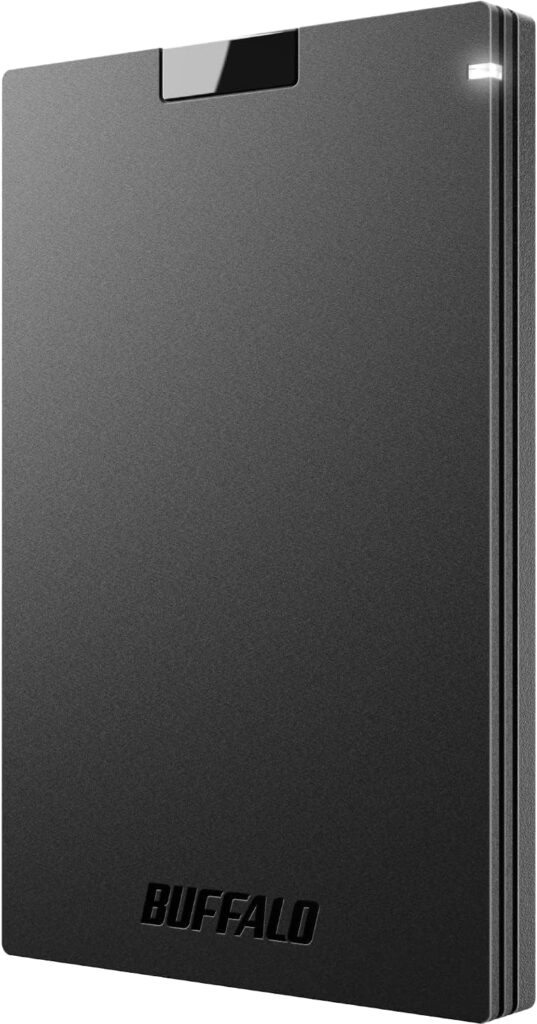

| Item | Details |
|---|---|
| Capacity | 500GB–2TB |
| Speed | Up to 1,050MB/s |
| Connection | USB-C (USB 3.2 Gen2) |
| Features | Reliable Japanese design with great support |
| Price | $80–$210 |
Designed by a Japanese manufacturer, the Buffalo SSD-PG comes with dependable customer support and solid warranty options. It includes a USB-C to USB-A adapter for broad device compatibility, and its high speed makes editing large 4K videos efficient. Great for first-time SSD buyers who want peace of mind with domestic support.
Not Sure Which SSD to Choose? Go with the SanDisk Extreme Portable SSD V2
| Item | Details |
|---|---|
| Capacity | 500GB–4TB |
| Speed | Up to 1,050MB/s |
| Connection | USB-C (USB 3.2 Gen2) |
| Features | IP55-rated drop, water, and dust resistance |
| Price | $100–$300 |
If you’re still unsure which SSD is right for you, the SanDisk Extreme Portable SSD V2 is a reliable, well-balanced choice. It’s compact enough to fit in your pocket and features IP55-rated protection against water and dust, which is a lifesaver for editing in unpredictable environments.
With capacities up to 4TB, it can handle everything from casual social media edits to full-length films. The maximum 1,050MB/s transfer speed lets you edit 4K and even 8K footage without lag, so you can work faster and spend less time waiting for files to load.
Important Tips for Using External SSDs
Even though SSDs are much more durable than traditional hard drives, they’re not indestructible. Sudden drops or unexpected hardware failures can still happen—especially if you work on the move or in busy environments. That’s why it’s critical to follow these tips:
- Back up regularly: Don’t store your only copy of important videos on a single SSD. Always keep a second backup on a NAS or cloud storage service. For especially critical projects, consider using both.
- Handle with care: While many SSDs are shock-resistant, repeated impacts or exposure to moisture can still damage them over time.
- Watch for overheating: SSDs can get hot during long editing sessions, which may slow them down or shorten their lifespan. Place them on a cool, well-ventilated surface and avoid covering them with other equipment.
- Encrypt your data: If you work with confidential or client-sensitive material, choose an SSD with hardware encryption or use reliable encryption software to protect your footage in case your SSD gets lost or stolen.
- Test your SSD regularly: Use diagnostic tools to check for early signs of failure, such as bad sectors or sudden performance drops. Replacing an SSD proactively is much better than losing your videos unexpectedly.
Following these tips will extend your SSD’s lifespan and protect your valuable footage.
Conclusion
Adding a high-speed external SSD to your editing setup can transform your workflow. No more endless waiting for videos to load or constant frustration with slow file transfers—just smooth, responsive editing that keeps up with your creativity.
But choosing the right SSD is key: make sure it has a fast interface like USB 3.2 Gen2 or Thunderbolt 3/4, enough capacity for your projects, and robust features like shock and water resistance if you plan to edit on the go.
Remember, the SSDs introduced in this guide are hand-picked models trusted by professionals. They offer a solid mix of speed, durability, and compatibility to handle modern video editing needs, especially when working with demanding 4K or 8K footage.
If you’re still unsure, the SanDisk Extreme Portable SSD V2 is an excellent place to start—it’s compact, fast, and built to withstand real-world challenges.
Finally, don’t rely on a single SSD alone. Always back up your finished projects to a NAS or cloud storage. This gives you peace of mind knowing your videos are protected even if something happens to your main drive.
With the right SSD, you’ll spend less time waiting and more time creating—taking your video editing to the next level.

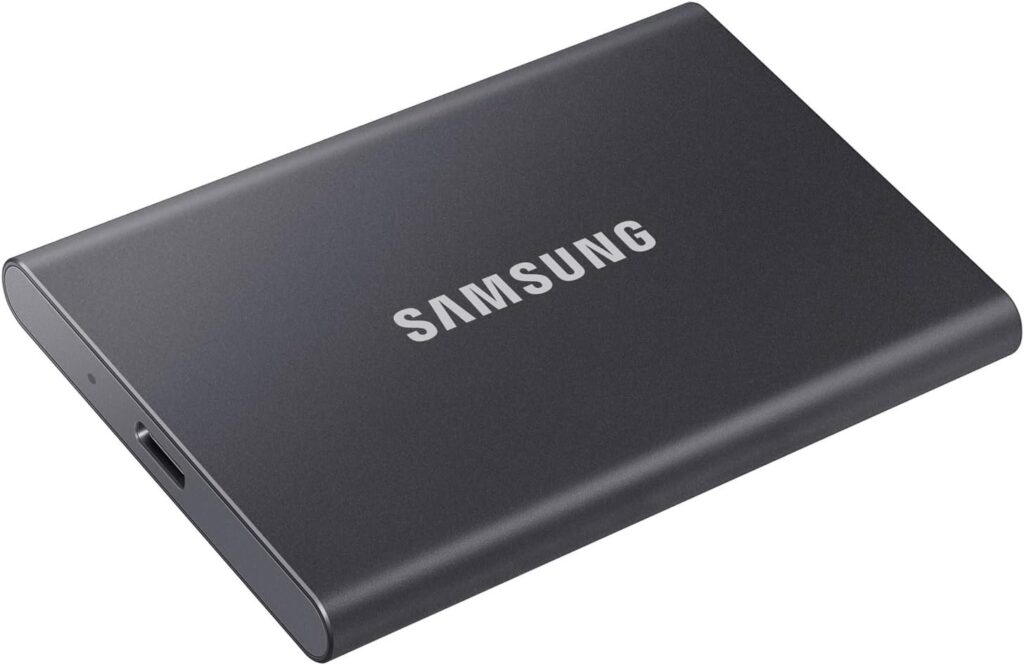
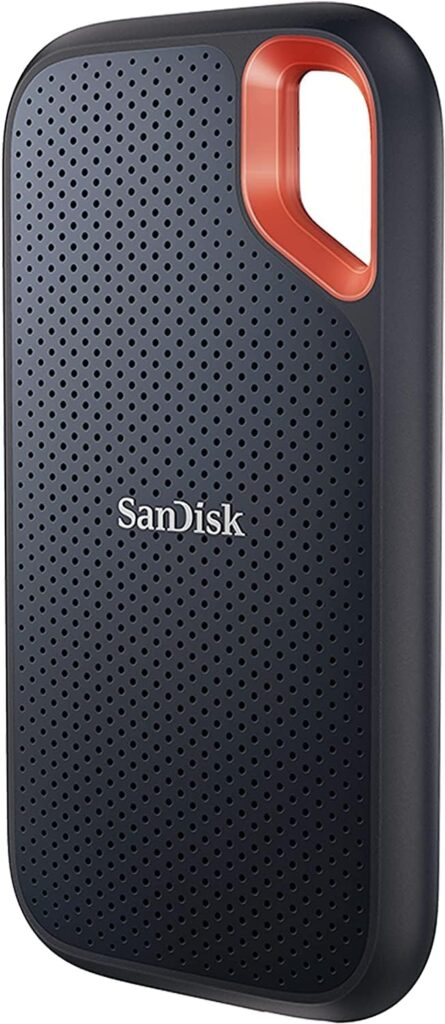
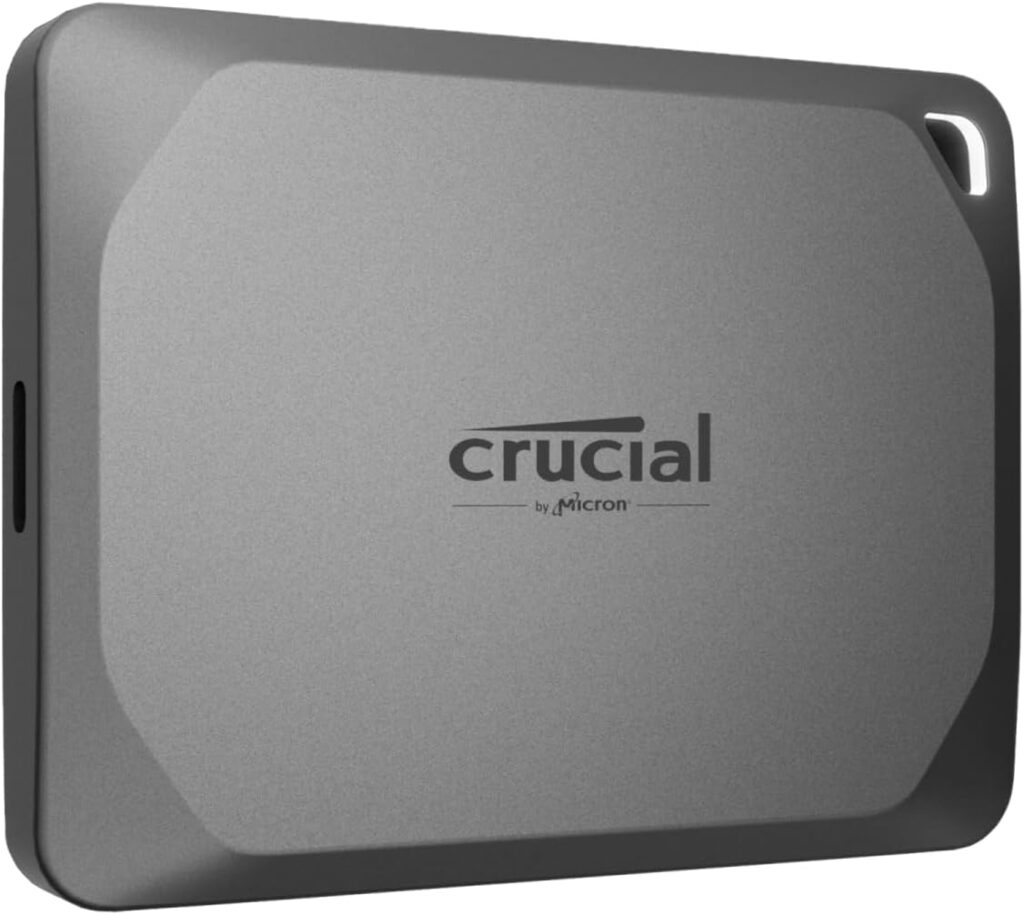
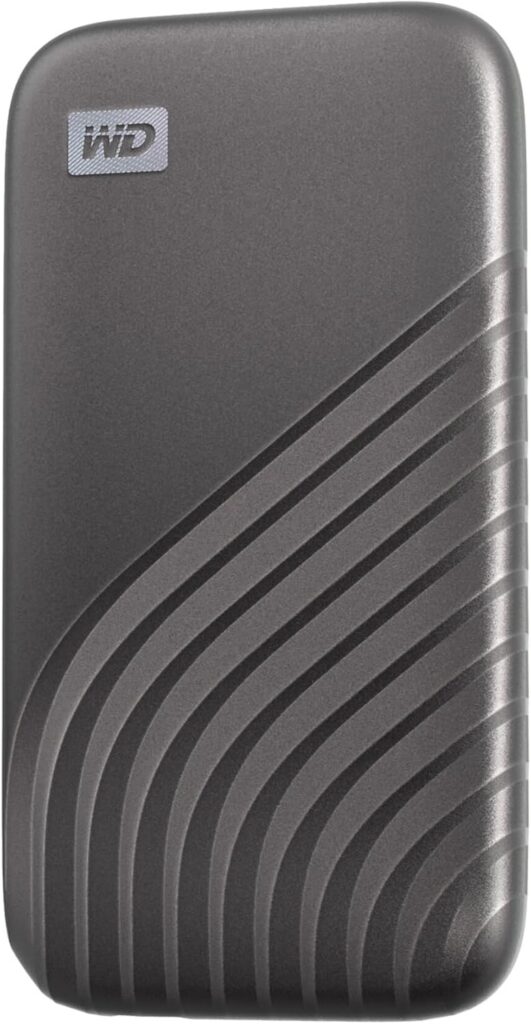
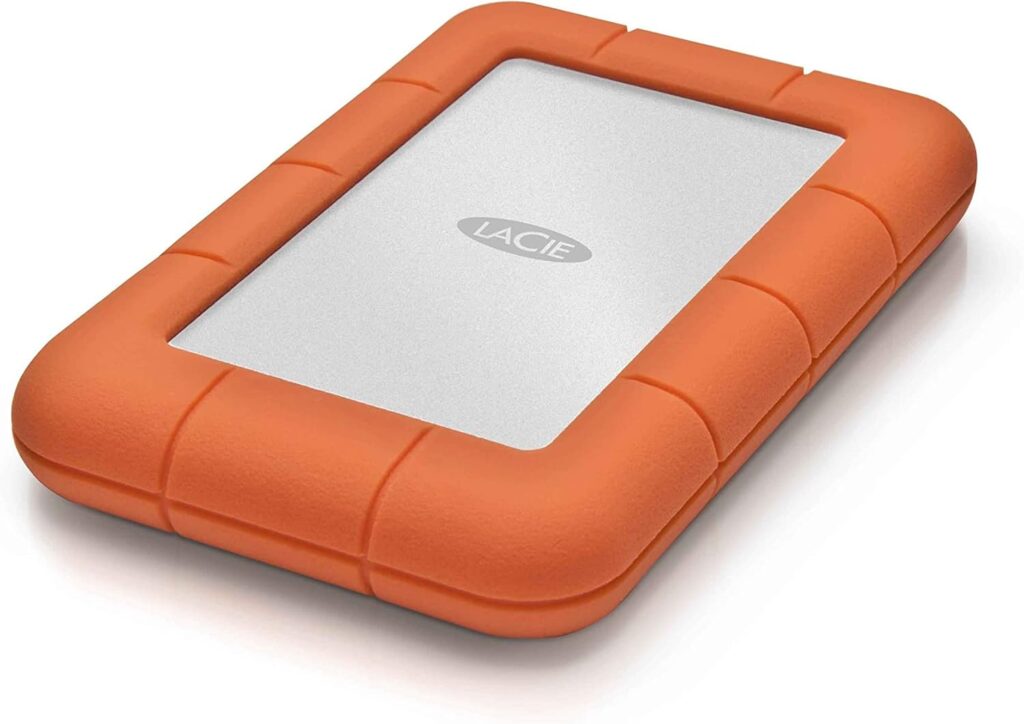
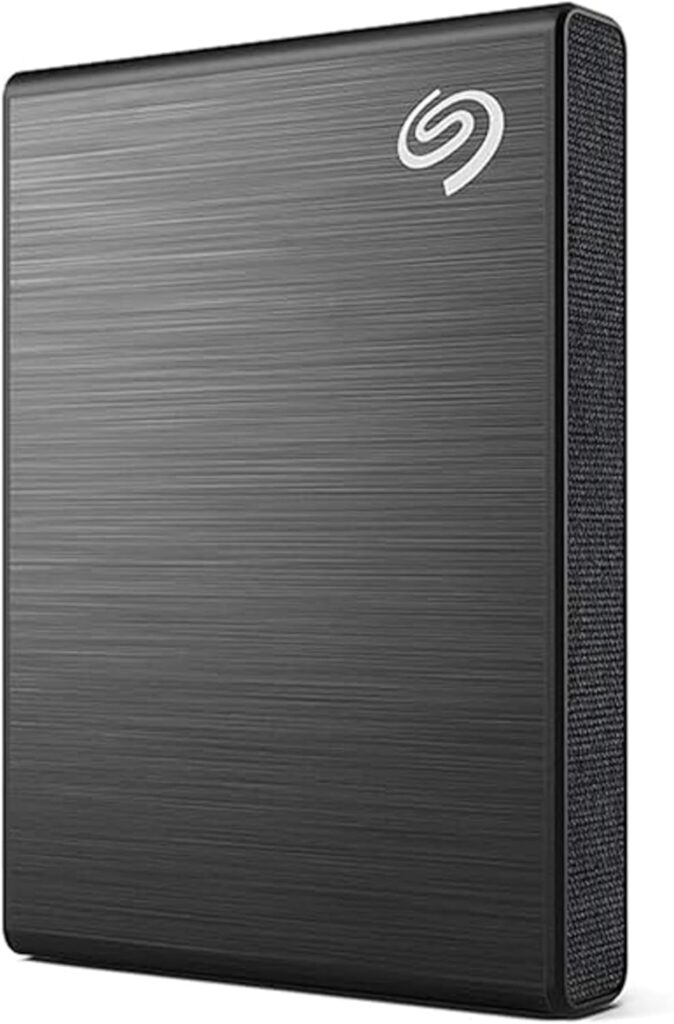

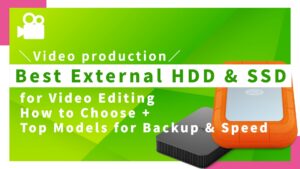






Comments